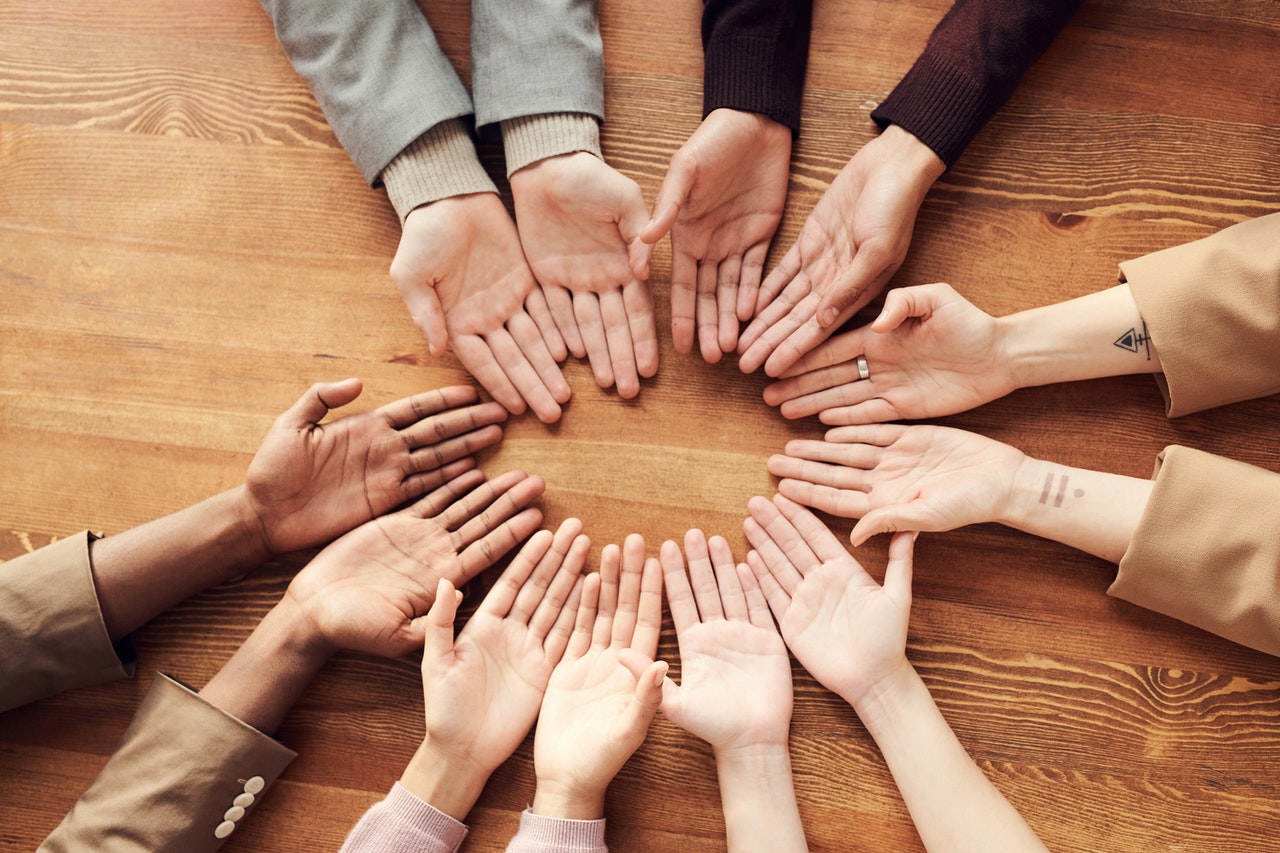Cultural Diversity in the Workplace
Culture dates way back to the ancient days of our ancestors where it served as a guideline or rather a metric to gauge the difference between right and wrong.
The modern organization consists of all types of people, it is a diverse place where different people practice their cultural beliefs and everyone is expected to respect the other person’s way of life. It also entails how people behave in the work setup, how they relate with one another.
The modern organization has adjusted itself to enable the various cultural oriented people to fit in, Cultural diversity has influenced the modern organization in the following ways:
- Personality of individuals: Different cultures have different personality impacts on individuals thus people may act in different ways and collectively influence how the operating environment of the organization is. For example, in some organizations, employers give incentives to employees every now and then without it being a transactional relationship, thus this motivates employees whether mentally or financially and enables them to work extra hard or to attain peace of mind.
- Dress code: It is not possible to attain a common dressing code even if the organization wants that to happen. This is because some cultures do not accept wearing of fitting or colored clothes while some do not entertain revealing of a woman’s hair, hence Muslims end up wearing the Islamic attire while people like the Akorino and the Punjabi stick to their turbans. This respect creates a peaceful environment that promotes individuality.
- Diversity: Having people from different culture in the organization brings about diversity as equity prevails and no one feels left out. This diversity results to good reputation for the firm as the society applauds the organization for not discriminating people and for giving employees equal chances irrespective of where they come from.
- Mutual understanding: Recruiting a pool of resources from different cultures enables people to bond effectively. This is because they get to appreciate where each one of them comes from and minimize the probabilities of judging each other without understanding the truth of the matter.
- Peace: People tend to build good relationships and can work well with each other They are able to create and maintain meaningful personal relationships and impact positivity toward work as they collectively pick up their cultural values to help them succeed at work.
- Conflict resolution- When dispute arises and the normal way of solving things fails, someone might come up with his/her cultural way of solving disputes and this works. It could be more appealing and this minimizes time wasted to solve issues at the workplace.
CONCLUSION
Culture may impact the organization positively or negatively but the pros outweigh the cons. We are living in a new era of love and acceptance, whether it is acceptance of oneself or acceptance of the other person and respect for their beliefs and customs which constitute a culture. The modern organization has been elevated to a higher pedestal because a diverse workplace allows for more ideas and processes. This diversity of culture means a broader range of skills among employees, as well as a diversity of experiences and perspectives which increases the potential for increased productivity.

